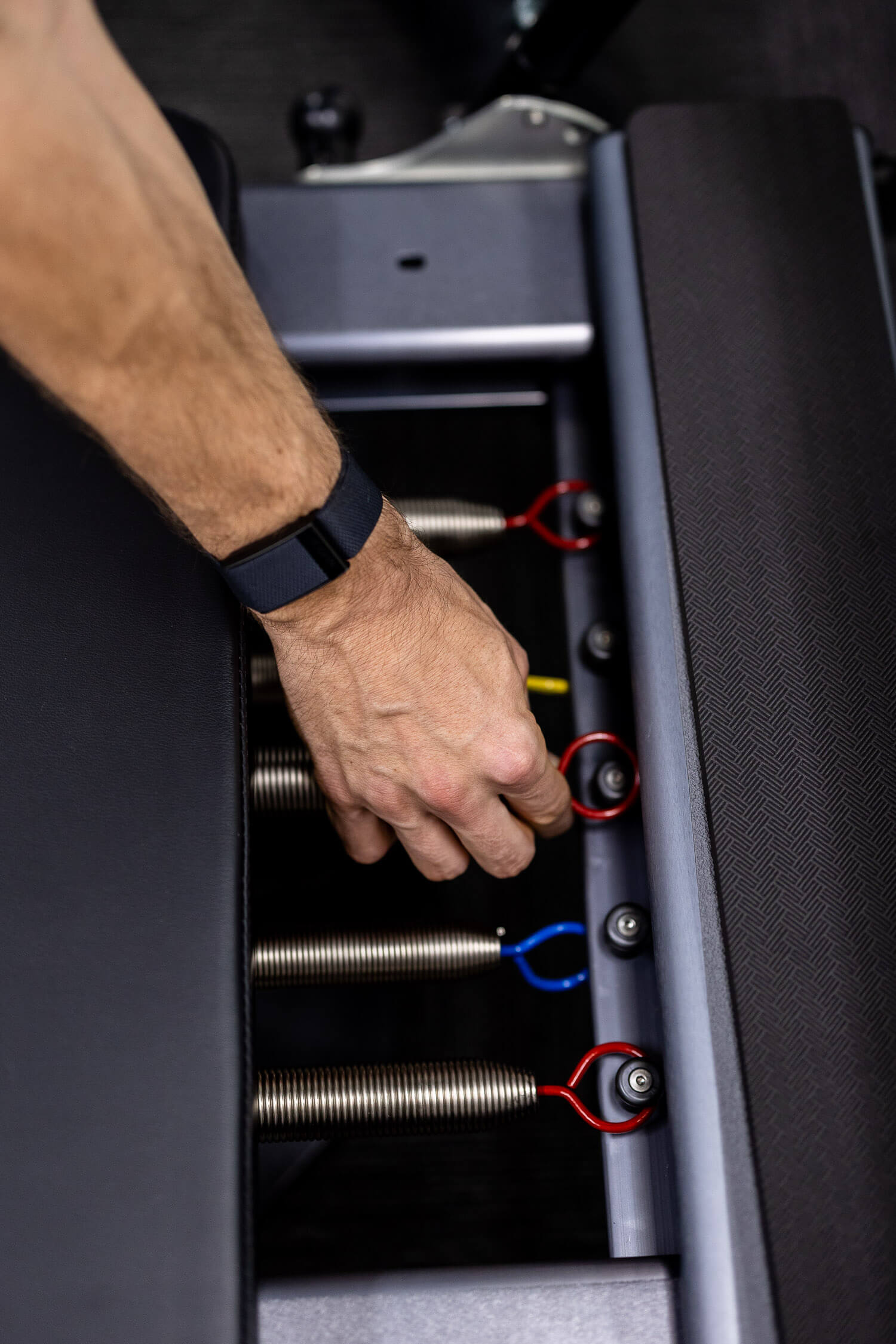Around 80% of people will experience back pain at some stage in their life. For some chronic back pain can have a detrimental effect on their lifestyle. Back pain can often affect your ability to perform even the most simple daily tasks.
Numerous structures in your back can cause pain; muscles, nerves, ligaments, discs and bone could all contribute to your back pain, which is often experienced as a deep aching feeling in the lower back and is commonly exaggerated by movement or maintaining the same position for a prolonged period.
At [site_title] we strive to diagnose your injury, control your pain and facilitate a return to normal function as soon as is possible.
Causes
Acute back pain that occurs suddenly can be the result of trauma. This can be the result of any combination of bending, heavy lifting or twisting in a way that causes damage to the muscles, ligaments or joints of the back. Unfortunately acute back pain can also develop without any apparent cause and be just as painful. Chronic back pain may also occur over a prolonged period of time as a result of repetitive motions (RSI) that put stress on the back. [site_title] will determine the cause of your pain and put measures in place in an attempt to prevent recurrences.
Common Injuries:- Muscle strain: A muscle strain can result from poor posture or lifting excessive loads, causing muscle fatigue and back pain.
- Poor posture: Poor posture can put unnecessary load on the various structures of the spine and result in back pain over time.
- Disc bulge: Discs act like shock absorbers to reduce stress on your spine and are situated between your bony vertebrae. Disc injuries are common. They can occur due to sudden movements or from long term postural stress, causing inflammation and pain, and in extreme cases can irritate nearby spinal nerves. This can cause radiating leg pain, pins and needles, and numbness (often mistakenly diagnosed as Sciatica). [site_title] are continually educated in the treatment of Lumbar disc injuries.
- Facet joint sprain: Each of your vertebrae are connected to the one above and below by two joints named facet joints which can be sprained, just like your ankle, if you move in an awkward way. As with a sprained ankle, if the facet joints become inflamed, you will experience back pain and limitation in movements.
- Sciatica: The sciatic nerve runs from your lower back, down the back of your thigh and calf and into your foot. If compressed, the sciatic nerve can cause lower back pain which may radiate to the leg or buttock. It can also cause pins and needles, numbness, muscle spasms, reduced flexibility and weakness.



